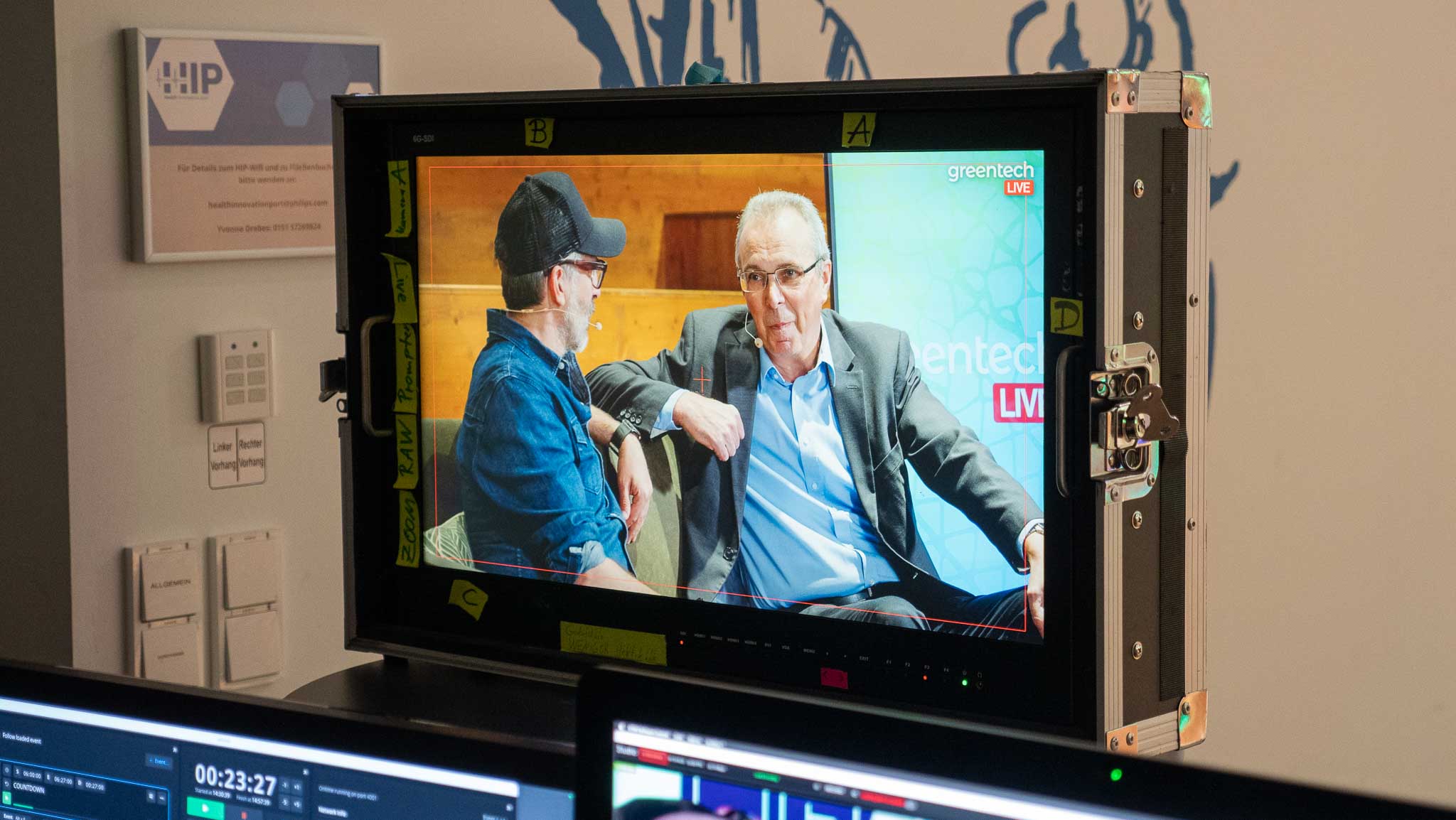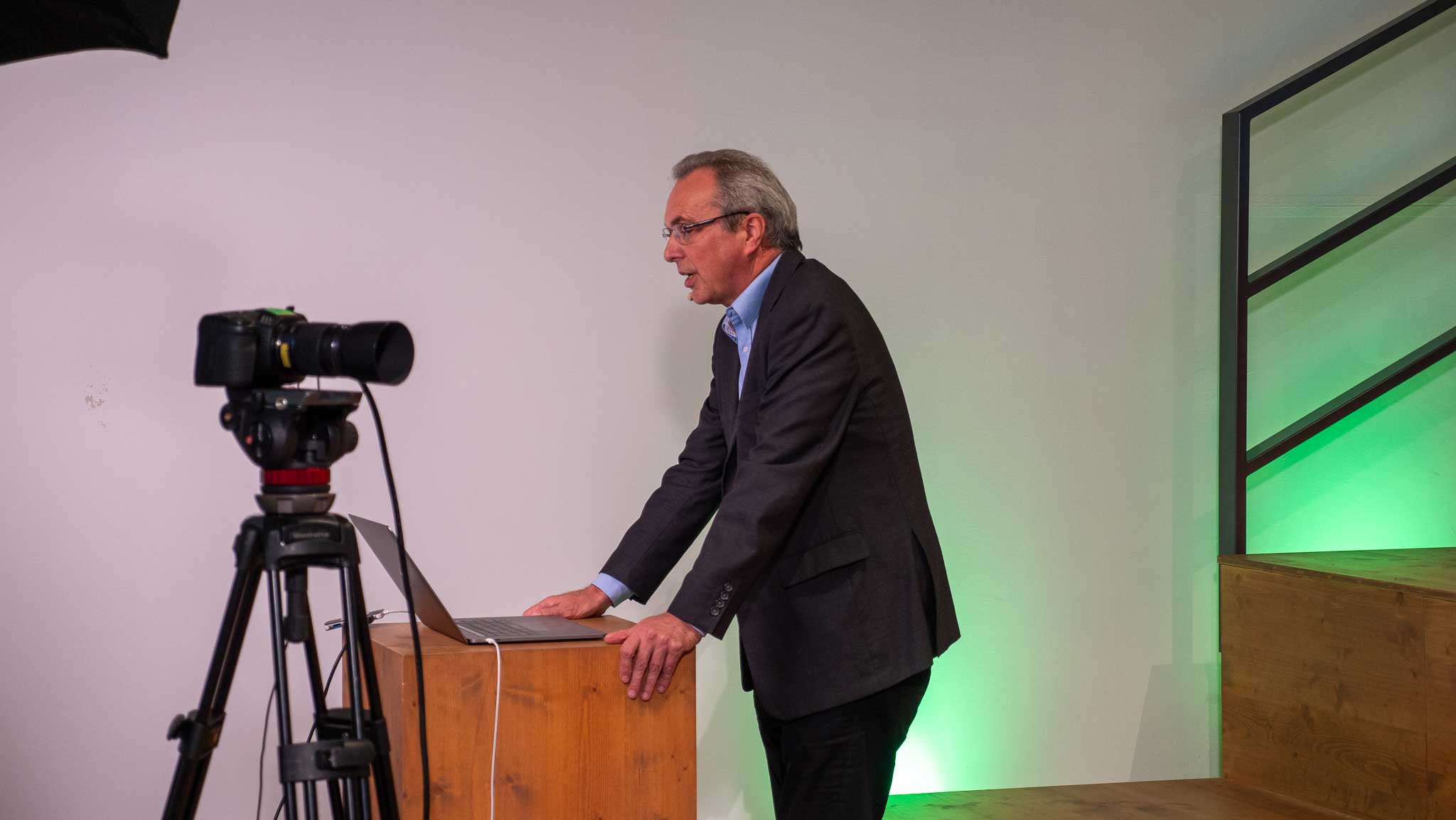Sustainability and Innovation in Street Lighting: How Signify is Helping Düsseldorf on its Way to CO₂ Neutrality
In an exciting presentation at the Greentech.LIVE event, Andreas Rindt, Manager for Government & Regulatory Affairs at Signify, gave an in-depth insight into the company’s sustainable initiatives and its pioneering collaboration with the city of Düsseldorf. It became clear that efficiency and innovation are the keys to achieving climate targets and optimizing operations at the same time.
Signify, formerly Philips Lighting, has established itself as a pioneer in energy-efficient lighting over the years. Particularly noteworthy is the transition to LED technology and networked lighting systems, which enable huge savings in operating costs.
Smart City Technologies for Real-Time Monitoring
Another highlight of the project is the use of smart city technologies that allow the city to monitor and control the lighting in real time. This not only maximizes energy efficiency, but also creates a sustainable infrastructure that contributes to achieving climate targets in the long term.
For Signify, sustainability goes beyond the production of energy-efficient luminaires. It is about establishing a sustainable value chain that involves all stakeholders – from end users to investors.
With innovations such as networked luminaires and smart sensors that enable precise maintenance and troubleshooting, the company offers solutions that optimize the service life and efficiency of products and thus contribute to reducing the operating costs of cities.
The Long-Term Necessity of Sustainable Solutions
The transition to more sustainable, energy-efficient solutions is not a short-term trend, but a long-term necessity. Companies like Signify play a crucial role in this by developing innovative products and solutions that not only reduce energy consumption but also improve the quality of life in urban areas.


